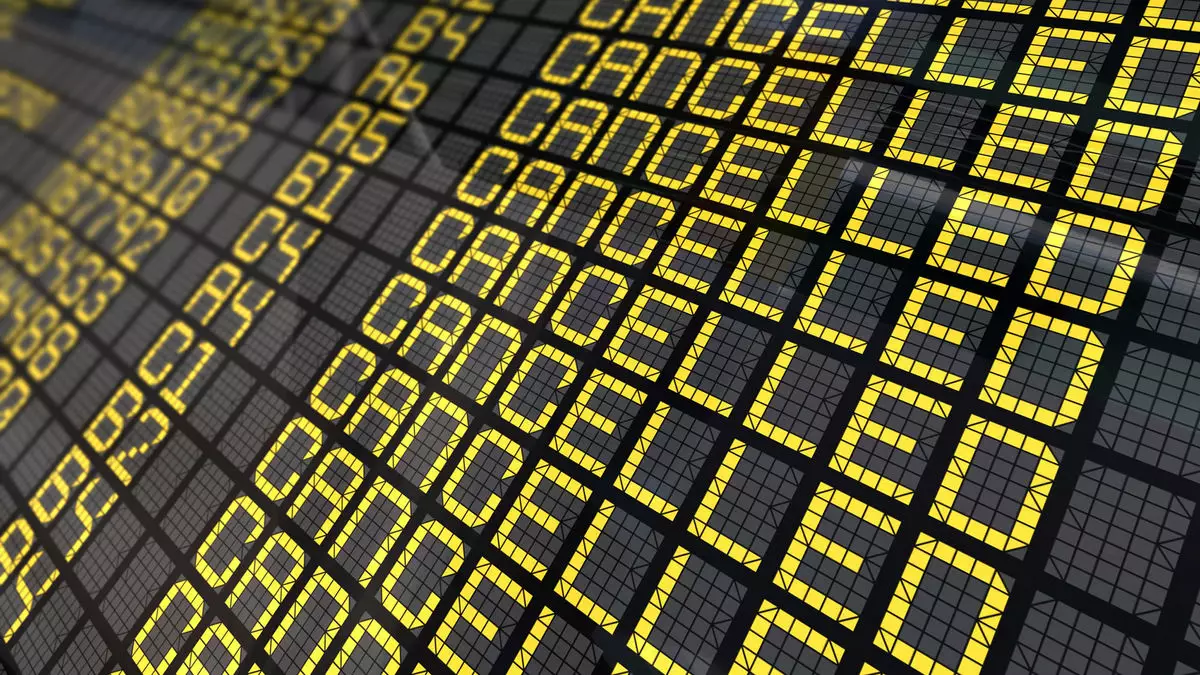The recent global technology outage caused chaos in the airline industry, with nearly 2,500 U.S. flights cancelled by 3:30 p.m. Eastern time on Friday. This disruption was a result of a cybersecurity firm, CrowdStrike’s update that affected Microsoft Windows users of its tool. The impact was felt worldwide, with over 4,000 cancellations reported globally. Atlanta, a major hub for Delta Airlines, experienced the highest number of cancellations, with nearly 300 flights affected, amounting to 24% of the Atlanta schedule. Overall, more than 27,000 departures were scheduled for Friday from U.S. airports, but approximately 8.8% of them had to be cancelled, causing major inconvenience to travelers.
Airline Response and Operations
Major airlines such as Delta, United, and American were forced to halt their operations due to the technology disruption. Delta cancelled the most flights, with 836 flights, or 22% of its schedule affected. United and American also faced significant cancellations, each with more than 350 flights cancelled. However, Southwest and Alaska Airlines managed to minimize the impact, with only four flights cancelled by each airline. In response to the situation, Delta announced that operations had resumed after pausing the global flight schedule overnight. Similarly, United and American restarted their operations after facing disruptions during the night.
Customer Service Commitments
United and Delta took proactive measures by issuing waivers for impacted travelers, allowing for rebookings without change fees or fare differences. American also waived change fees, but the waiver did not mention anything about fare differences being waived. The U.S. Department of Transportation emphasized that airlines must adhere to customer service commitments for flight disruptions caused by CrowdStrike-related delays and cancellations. Travelers and travel advisors can refer to the DOT Airline Customer Service Dashboard for more information on these commitments and rights.
The global technology outage had a significant impact on air travel, leading to a high number of flight cancellations and delays across major airlines. The incident highlighted the importance of preparedness and contingency planning for airlines to minimize disruptions and provide better customer service during such challenging situations. Moving forward, the airline industry must learn from this experience and invest in robust technology systems to prevent similar incidents in the future.


Leave a Reply